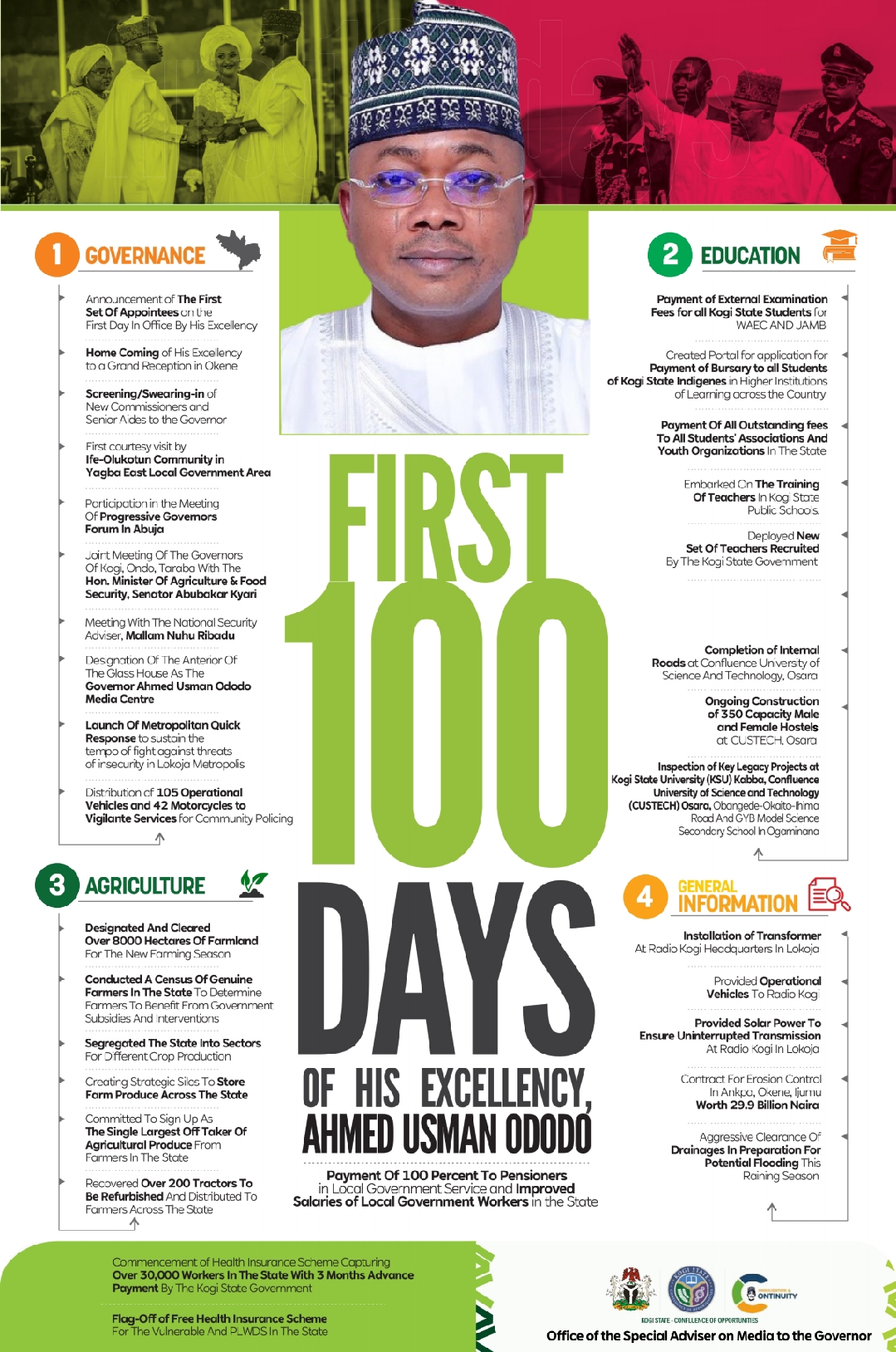The African Centre for Media and Information Literacy (AFRICMIL) has sought to reduce corruption at the grassroots through whistleblowing by strengthening the capacity of the stakeholders.
Our correspondent,reports that the centre organised a one-day town hall meeting tagged ”The Role of Community-Based Organisations (CBOs) in Entrenching Whistleblowing at the Grassroots on Thursday in Ilorin.
 AFRICMIL Coordinator, Mr Chido Onumah who was represented by the Programme Manager, Mr Kolawole Ogunbiyi, said the mission was to make the CBOs which have an ensuring presence in the communities, a formidable collaborator in disavowing the negative culture of silence.
AFRICMIL Coordinator, Mr Chido Onumah who was represented by the Programme Manager, Mr Kolawole Ogunbiyi, said the mission was to make the CBOs which have an ensuring presence in the communities, a formidable collaborator in disavowing the negative culture of silence.
”Instead, to embrace the more rewarding attitude of speaking out in the face of anything that could potentially harm or endanger their environments.
”We all are aware that corruption thrives in our communities, but most visibly in the misappropriation of funds and abandonment of projects that could bring development and meaningfully turn around the lives of the people,” Onumah said.
The Coordinator said AFRICMIL would work with the CBOs to galvanize the mass of the people at the grassroots to adopt the culture of blowing the whistle.
”That is, reporting these and other corrupt acts, as a way of fighting corruption in the country.
”As we all are aware, combating corruption through early detection and exposure of mismanagement of public fund, bribery, fraud, theft of public funds and other illicit acts is an effective strategy in the fight against corruption.
”Whistleblowing has proven to be the most direct method of exposing corrupt acts.
”We are both morally and legally bound as citizens not to keep silent or acquiesce to any act of corruption or wrongdoing whenever we see one,” Onumah said.
Director, Africa Office, MacArthur Foundation, Dr Kole Shettima, who connected to the meeting through Zoom said the town hall meeting became imperative as corruption was not only happening at the national level but also dominant at the grassroots.
Shettima said whistleblowing was to ensure the policies and services of the government are done as required.
Osita Nwajah, Director, Public Affairs of the Economic and Financial Crimes Commission (EFCC) said it was worrisome that the excitement that heralded whistleblowing policy had died down.
”EFCC remains committed to whistleblowing inspite of the challenges which the most obvious is security of the whistleblowers.
”In view of this, we urge the proper usage of our Eagle Eye Application where information can be dropped on the condition of anonymity,” he said.
Mr Segun Adeyemi, State Director, National Orientation Agency (NOA) said the legal framework to protect the whistleblower should be hastened up by the National Assembly.
Adeyemi said the whistleblowing policy would increase accountability and management of public fund.
Our correspondent, reports that FIDA, ICPC, National Human Rights Commission, Global Hope for Women and Children Foundation, Centre for Community Empowerment and Poverty Eradication (CCEPE) and other CBOs were represented at the meeting.
He also reports that AFRICMIL is a Non-governmental Organisation that focuses on media, information, research, advocacy and training.
It aims to promote media and information literacy as a key component in the enhancement of democracy and good governance and the promotion of accountability and orderly society.
Since 2017, AFRICMIL has been working on a project tagged Corruption Anonymous (CORA) which is supported by The John D. And Catherine T. MacArthur Foundation.
Urges
The project is designed to build public confidence and support for the whistleblowing policy of the government of Nigeria

